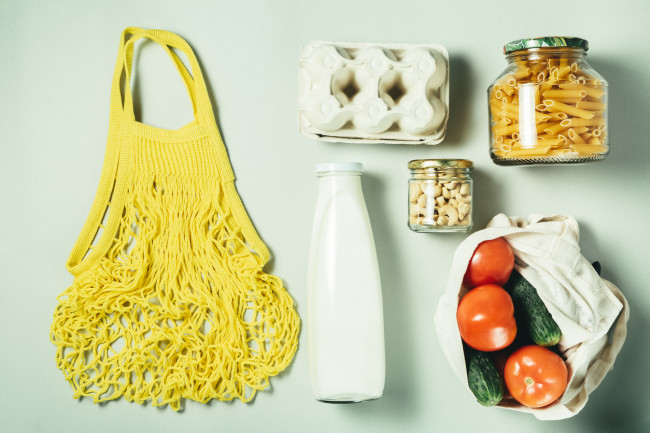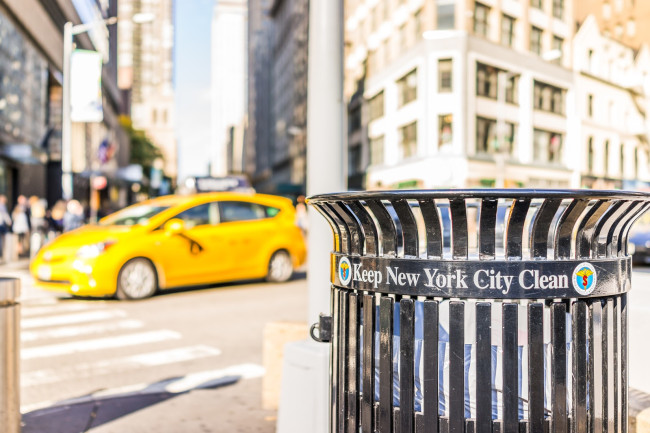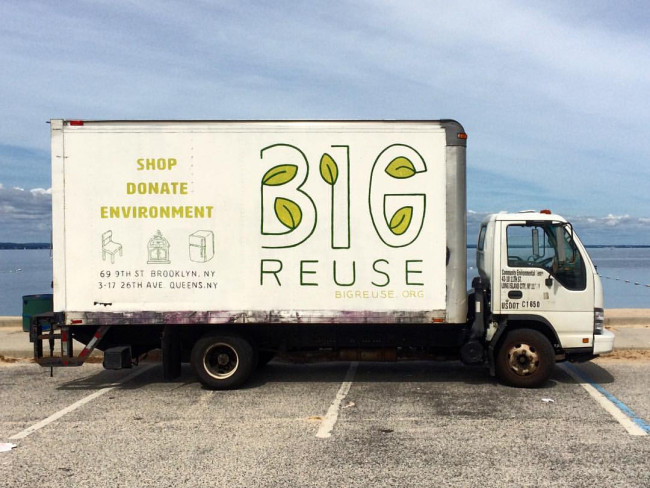Grappling with NY’s plastic bag ban in the midst of a coronavirus pandemic: Deep thoughts

Doesn't every New Yorker have a stash of plastic bags under the sink? You might want to use them on the subway now.
iStock
Last week the plastic bag ban (try saying that 10 times fast) went into effect in New York. As a result, I found myself in somewhat of a Seinfeldian plight: Now that stores are no longer handing out free plastic bags, what would I use for throwing away my garbage?
I don’t know too many New Yorkers—particularly apartment dwellers—who do not have a stash of plastic bags under their sink that they use to line their trash cans. Now that my own hoard would be diminishing quickly, I needed an alternative.
Turns out I was not the only one obsessing over this very topic. Even “Saturday Night Live” took on the topic with a skit featuring “Bottle Boi,” who asked, “What does everyone line their bathroom trash can with? A plastic grocery bag! Now you are going to throw your wet Q-tips into what? A backpack?”
The goal is to have shoppers bring their own canvas totes, but in the new era of the coronavirus, reusable bags, while better for the environment, they may be worse for our own health. Toting your purchases onto crowded subways or buses may actually do more harm than good—if germs hitch a ride home on them. (Of course, germs can hitch a ride on anything, so maybe the solution is just to stay off the subway.)
Anyway, canvas bags don’t help me with my quest for free trash can liners. I guess when you have had something for free for years—you have a hard time with paying for it.
Paper bags aren’t much more environmentally friendly (unless they are made of 100 percent recycled paper). And they can leak or just fall apart when wet, so they are not a good option for throwing out your trash. Who wants wet, smelly garbage sitting in your apartment or in your building’s basement attracting roaches and vermin? Those small grocery store bags are ideal for tossing small amounts of garbage frequently to prevent odors because if you live like many New Yorkers —in a tiny space—you simply don’t have space for a huge garbage can that fits a 30-gallon bag.
My 16-story building has elevators that run slow (and are frequently out of service), so tenants use the chute in the hall to get rid of garbage. Reused grocery store bags are the ideal size to fit down the chute to avoid clogging it. Anything bigger simply doesn’t fit.
But let’s face it: While we all felt somewhat virtuous for repurposing the bags we got from stores, in reality we weren’t doing our planet any favors. Maybe this bag ban could be an opportunity to change our ways. I did some digging.
Stopping waste before it happens sounds nice
I reached out to the Department of Environmental Conservation in the hopes they had some solutions for plastic bag alternatives. Initially flummoxed, a spokesperson simply suggested buying plastic garbage bags. After my long-winded explanation of how I had hoped the government had more earth-friendly suggestions, the DEC’s primary suggestion is to consult its tips on “pre-cycling,” by which they mean “stopping waste before it happens”—essentially cutting down on the amount of garbage you generate. Not a helpful solution, in my book.
Garbage disposals—a pipe dream
These minimize organic waste, but in NYC, sink garbage disposals are rare—the pipes in our old buildings simply can’t handle them. This could be an option if you live in a house or tony newer construction. This certainly is never going to happen in my building, built in the ’60s. Tearing out and replacing the plumbing? Literally, a pipe dream.
Composting? No thanks
Composting eliminates much of the organic waste that would otherwise go into a landfill. You can request a brown compost bin for curbside collection from the Department of Sanitation if you live in Manhattan, South Bronx, or a large apartment building with 10+ units in the other boroughs. If you have a small space outside, consider buying your own compost bin so you don’t have to deal with the collection bin, and then you can use the soil you create for plants or in a tree pit.
Pro tip: If you have room in your freezer, storing scraps in the freezer until you're ready to discard them eliminates odors. Still, if you have a small freezer like mine you might not have room. I know I’m not going down the composting road because a) I live in a small studio b) don’t want any odors in my apartment and c) hate to leave my apartment any more than I have to (social distancing is already my jam).
Biodegradable trash bags are an easy fix
There appear to be a variety of eco-friendly bags sold online and although pricey, these are biodegradable, compostable, non-toxic, and chemical free. Apparently, they completely break down in one to seven years.
Still, from reviews online they do seem to have some drawbacks: They do not control odor, so bins need to be emptied very frequently, and they are prone to tears, and some reviewers say they are not accepted at their municipal composting facilities, so do your homework before using them in a composting bin. Still those online seem to think that is a small price to pay for putting less plastic out into the world.
I am still weighing my options, although I will probably give the biodegradable trash bags a try because they seem to be the smallest lifestyle change, aside from price.
But in the interim (do as I write, not as I do) a friend in Ohio is sending me a huge shipment of saved-up plastic grocery store bags. She says Ohio is years away from a plastic bag ban. This is not an environmentally friendly solution at all and not one I would suggest to anyone else, but I’m being honest here.
And while we’re being honest here, I see you, Costco shoppers, helping yourself to the large plastic bags in the meat section and stashing them in your cart—while not buying meat. All this is exactly what I would suspect Jerry Seinfeld would have done—and gotten some laughs, if that show was still on—and we were all living in those simpler times.
You Might Also Like




























